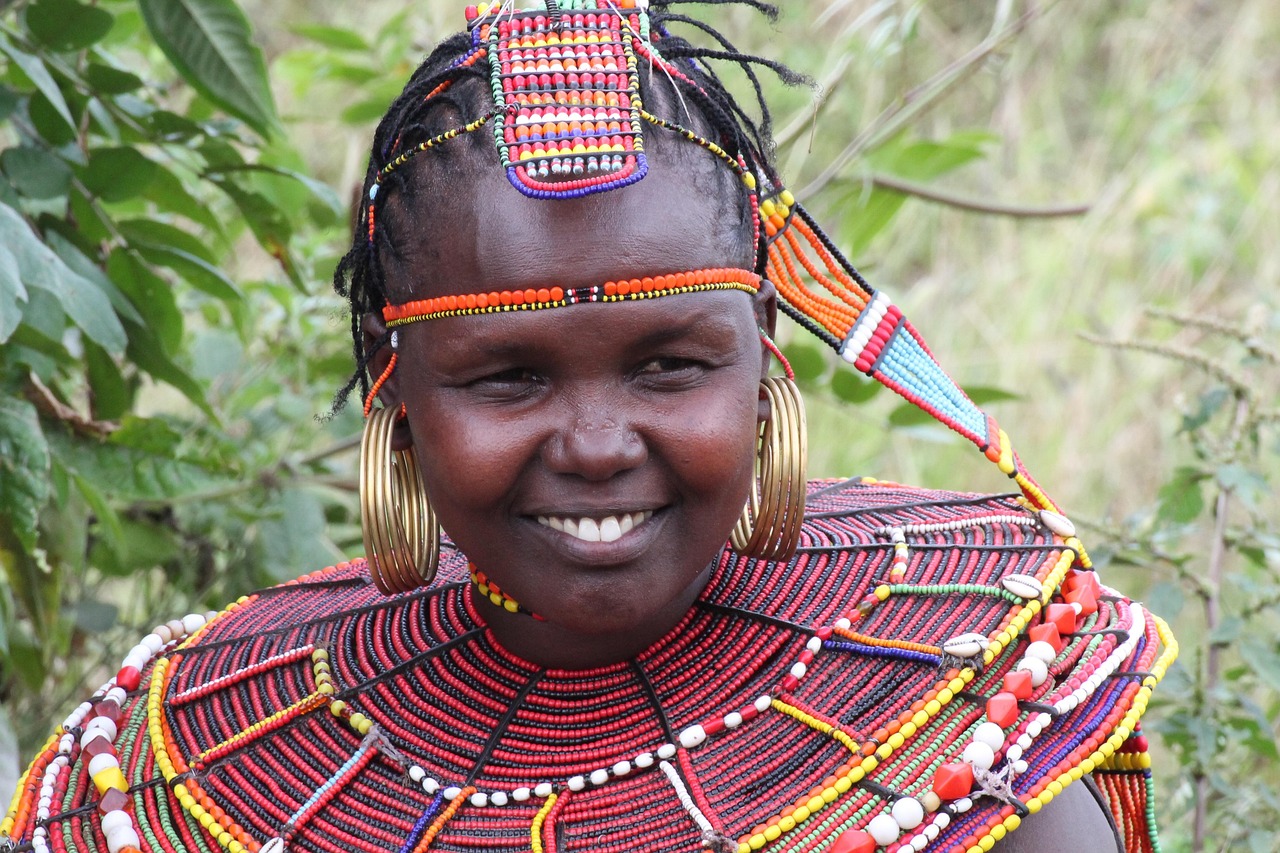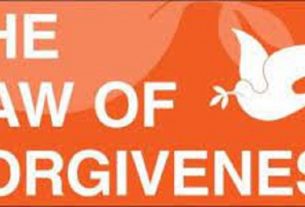By Olusola Adeyegbe
In every society, tradition is revered. It is the thread that ties generations together, the vessel through which a people express identity, continuity, and reverence for the past. But tradition must never become a prison. While it holds beauty and value, it must remain open to refinement. When tradition begins to suffocate truth, dignity, or conscience, it must give way, not to erosion, but to evolution.
A recent royal burial conducted in accordance with Islamic rites rather than ancestral traditions stirred widespread debate. Critics argued that by ascending the throne, the monarch had accepted not just the authority but also the full spectrum of traditional obligations, including burial customs. Anything less, they insisted, was a betrayal of heritage. Yet, such a view, while cloaked in loyalty, often ignores the deeper imperative of moral progress.
What many missed in the noise was the quiet wisdom behind the decision. Years before the monarch’s passing, a courageous dialogue had begun. Leaders of various faiths had gathered to examine the age-old expectations surrounding royal burial. At the heart of the conversation was a simple, piercing question: If traditional rites require the loss of innocent life, can they still be considered sacred? And if no one would willingly offer their own child for ritual, why should anyone else’s be at risk?
That moment marked a turning point. The monarch’s stance was neither sudden nor rebellious, it was thoughtful, principled, and forward-looking. He recognized that while culture deserves honour, not all practices are worthy of preservation, especially those that conflict with human dignity or spiritual clarity.
This tension between tradition and conscience is not new. In parts of Nigeria, it was once customary to kill twins at birth, believing them cursed. It took the moral courage of Mary Slessor to confront and abolish that cruel practice. Today, twins are celebrated. Culture changed. Humanity advanced.
Likewise, when rituals become shrouded in secrecy, driven by fear or threats of supernatural reprisal, we must pause and ask: Is this truly spirituality, or a form of inherited fear? Truth does not need shadows. Authentic spirituality uplifts; it does not coerce. If a tradition’s survival depends on violence or intimidation, then it is not culture, it is oppression.
There is a saying: “Iwa l’esin” meaning our religion should echo in our character. Any culture that does not evolve to uphold peace, truth, and the sanctity of life must be released. That is not betrayal. It is ascension.
The royal father in question lived in alignment with a specific faith, ruled with conviction, and made known his desire to be buried accordingly. His reign was marked by reforms that made space for freedom of conscience and legal protection for the religious dignity of monarchs. These decisions reflected an enlightened understanding that culture must serve the people and not the other way around.
When a people allow their traditions to respond to the call of conscience, they do not weaken them; they strengthen them. For culture to remain relevant, it must be dynamic, not static. A living tradition listens not only to the voice of history, but also to the whisper of the present.
In truth, we honour our heritage best when we are willing to shed practices that no longer reflect our highest values. We do not dishonour the past by walking into the light. We fulfil it.
Let us not mourn the passing of customs that time and truth have outgrown. Let us celebrate the courage of those who show that tradition and truth can walk together, that culture can stand tall beside conscience.
For culture to endure, it must be guided not only by ancestry, but by humanity.





